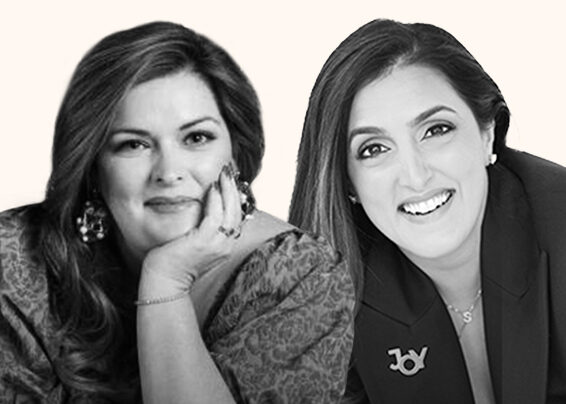How a Founder Uses Her Woman-owned Certification | Tory Burch Foundation
How a Founder Uses Her Woman-owned Certification
How the cocktail pro found the recipe for success with her women-owned certification
35,357 Views
2 Likes
3 min read
Link copied to clipboard
Christa Cotton knows spirits. The founder and CEO of El Guapo Bitters brought years of experience in the hospitality industry to her unique line of zero-proof, organic cocktail bitters, mixers and syrups. El Guapo has a women-owned business certification through the Women’s Business Enterprise National Council (WBENC) and Cotton has leveraged that certification to get her handcrafted products into home bars, restaurants and major retailers like Costco, Whole Foods and Neiman Marcus. Thanks to her involvement with WBENC, this New Orleans-based business has seen exponential growth in a few short years.
We invited the sharp entrepreneur for an Ask Me Anything on Instagram to answer our community’s questions about how she turned a small stamp into major partnerships and more.
Q: What are your strategies for using your WBENC certification to get in more doors?
A: My first strategy is supplier diversity portals! We’ve found that just applying to companies we covet has led to almost instantaneous meetings. Supplier diversity programs have changed the trajectory of our growth and gotten our foot in the doors with retailers it would have taken years to even pitch otherwise! The very first supplier diversity deal I pitched was for Costco in July of 2019. We pitched Costco within 30 days of receiving our certification and won the deal on the spot. It was so unexpected but the best feeling ever!
My second is to try to get that sound bite into every press article, podcast or other promotional material possible! The more people who know you have it, or even know you’re woman-owned, the better! In our market, 70 percent of purchasing decisions are made by women and they are inclined to support our woman-owned business.
Q: What other ways do you use your certification?
A: We use the certification seal in our marketing and sales materials for current clients, and leverage the certification for better shelf positioning, special sales promotions and so much more! We even print it on our gift packaging.
Q: Are there any costs associated with the certification process?
A: Yes, there’s a yearly fee to re-certify every year, but we’ve found the benefits and contracts won far outweigh the costs of maintaining an active certification. It’s also not an astronomical amount. A few hundred dollars and you’re set for the whole year!
The more people who know you’re woman-owned, the better!
Q: How do you position your certification as a value add to clients?
A: Great question! We lead retail conversations with the data and prominently display the woman-owned logo on packaging to make it clear to retail consumers browsing store shelves. We try to make it a no-brainer for purchasing decision makers by positioning ourselves as the best brand to reach and convert customers. The strategy works well for us and we plan to continue as we expand our distribution.
Q: Does your WBENC certification help you compete with larger companies who can offer products at lower prices?
A: We differentiate based on quality. We’ve been able to improve our margins drastically as we scaled, by buying raw materials in larger and larger quantities. In the beginning, we did commit to a lot of smaller runs and test buys with new accounts to prove our value, but the certificate should definitely help get your foot in the door.
Q: How do your retail sales compare to direct-to-consumer for you?
A: COVID-19 really flipped the script for us. Our sales were two-thirds wholesale versus one-third DTC pre-pandemic, and now it’s one-third wholesale versus two-thirds DTC. We think it will even out to fifty-fifty this year, as we anticipate a strong Q4 with retail partners and our independent bar and restaurant clients returning to service nationwide. We’re very optimistic for 2021.
📲 Follow us on Instagram for conversations with our Fellows and so much more!
Help an entrepreneur by upvoting


